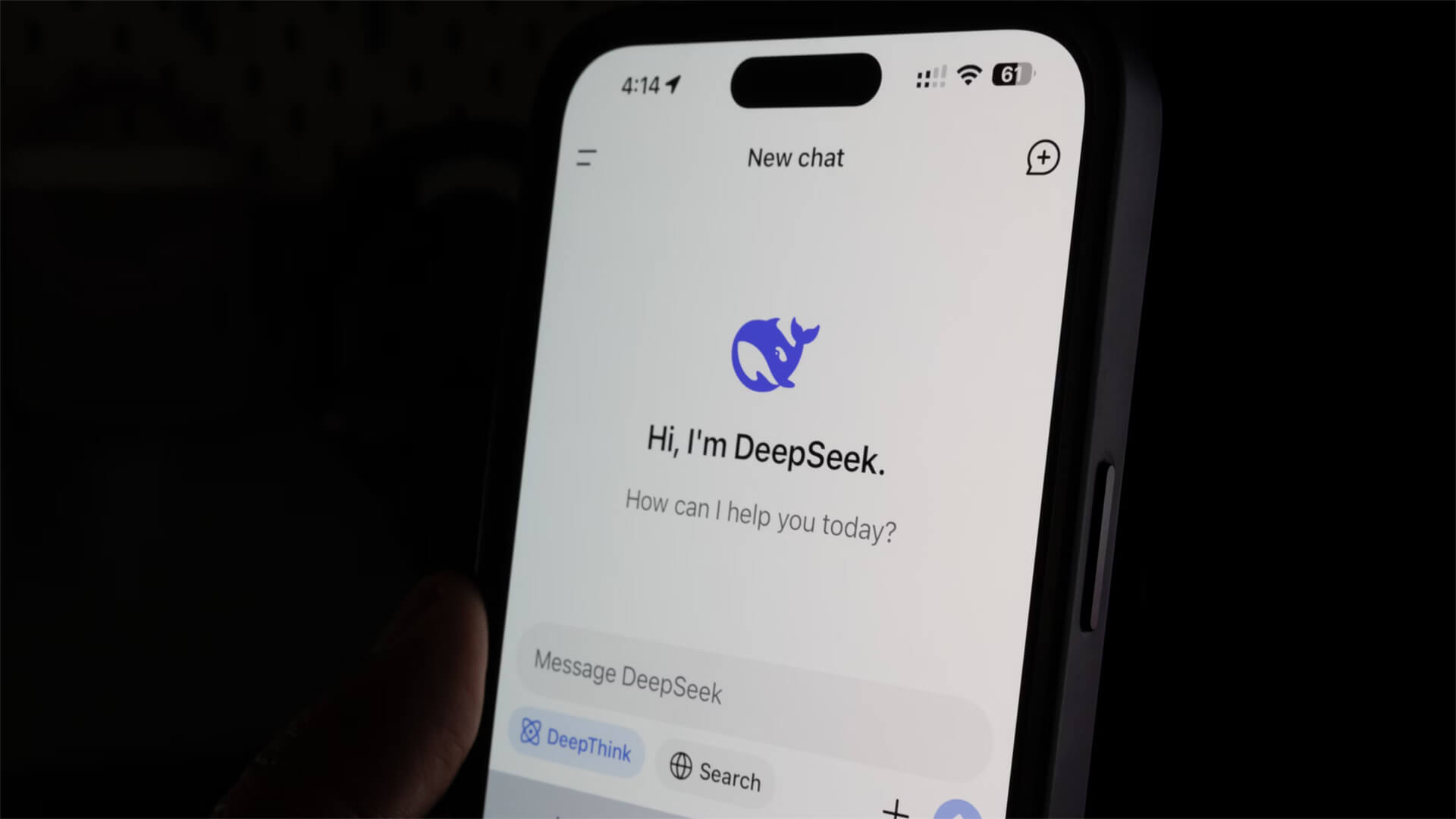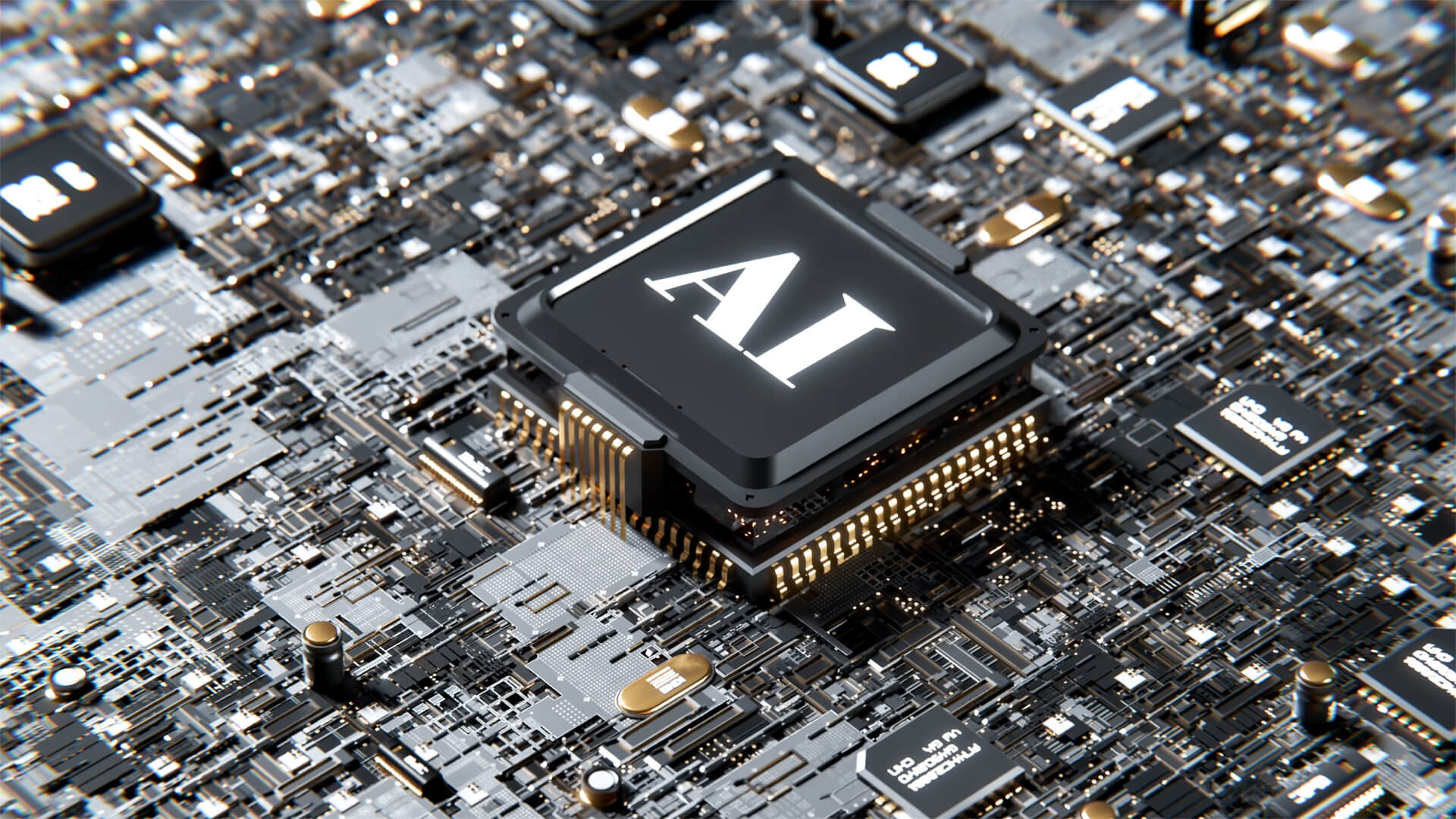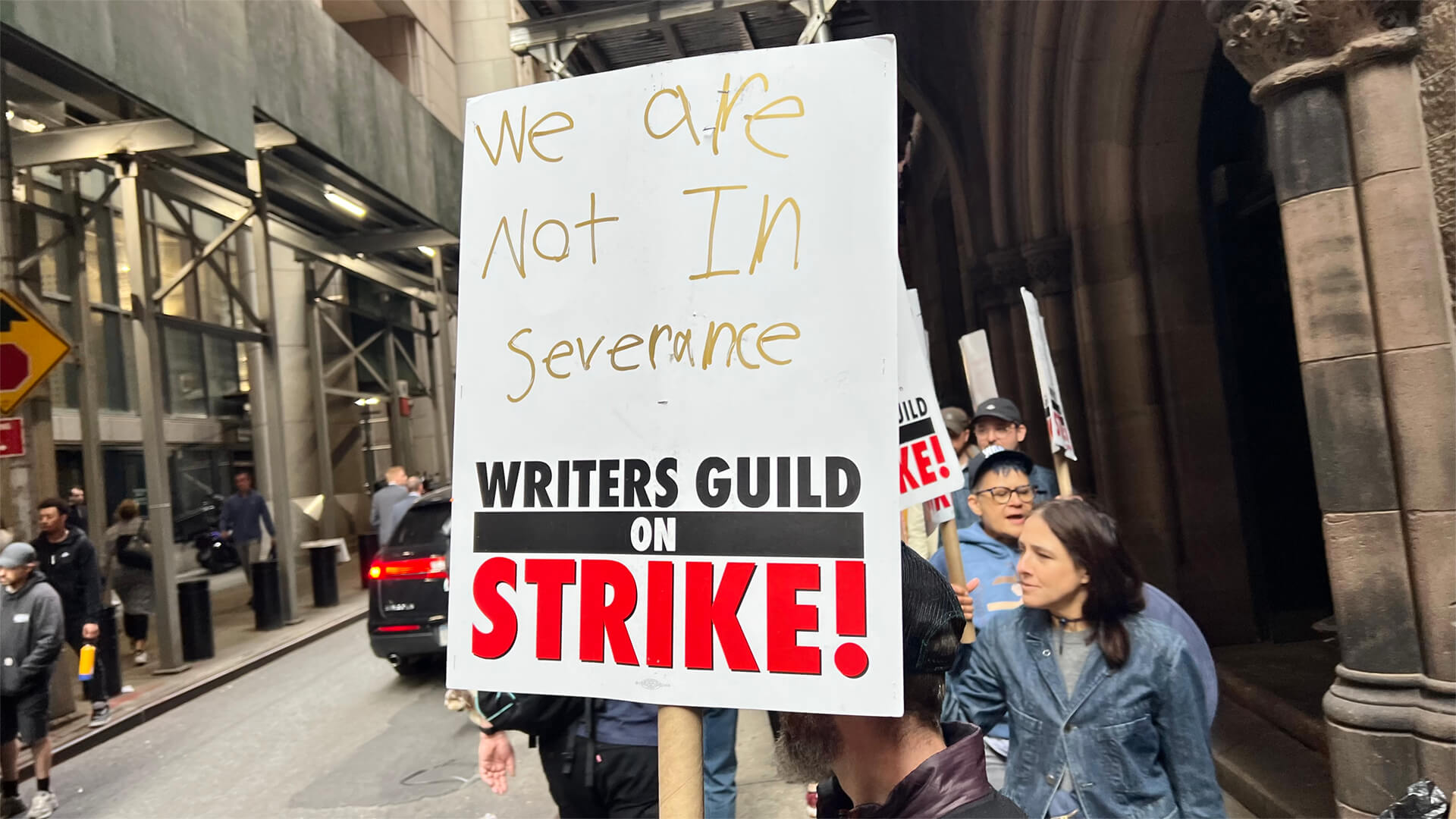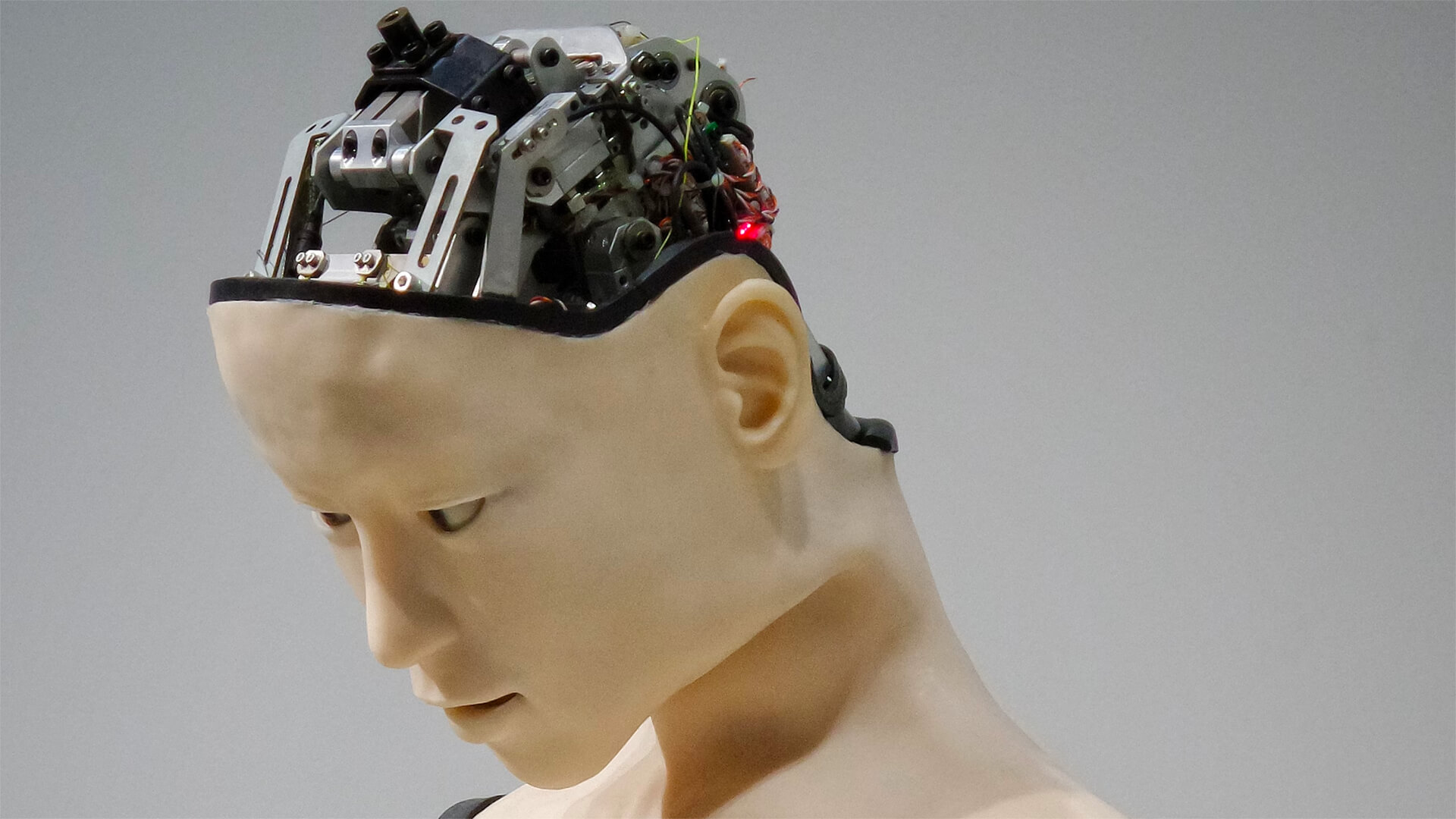A Chinese firm, DeepSeek, claimed to develop an AI model at a fraction of the cost used to develop competing models. This has caused quite the stir, but what is actually going on?
China’s domestic chip manufacturing is dated and their attempts to catch up have fallen short. I’m always skeptical when approaching topics involving Chinese tech claims, but if the DeepSeek breakthrough is true, it would mean a massive AI leap has occurred. This would reduce the reliance on high-end chips and drastically mitigate supply chain vulnerabilities.
Nvidia had designed downgraded chips for China, but even those were banned by the Biden administration in late 2023. So, even if DeepSeek’s breakthrough turns out to be real, the Chinese will struggle to fully capitalize on the opportunity due to hardware restrictions and access. And Trump could make those restrictions even tighter.
But again, I’m doubtful that we’re getting the full picture out of DeepSeek and I suspect we’ll know what actually happened very soon.
Here at Zeihan on Geopolitics, our chosen charity partner is MedShare. They provide emergency medical services to communities in need, with a very heavy emphasis on locations facing acute crises. Medshare operates right in the thick of it, so we can be sure that every cent of our donation is not simply going directly to where help is needed most, but our donations serve as a force multiplier for a system already in existence.
For those who would like to donate directly to MedShare or to learn more about their efforts, you can click this link.
Transcript
Hey everybody. Peter Zeihan here. Coming from Colorado. Lots of people have asked me to comment about recent things that are going on with artificial intelligence from a market point of view. Let me begin by saying I never comment on market movements, and this is not going to change today. What is going on is we’ve had a bit of a rout in the United States for a company called Nvidia, which designs the ultra high end GPUs, as are graphics processing units, which are the advanced chips that are used in almost all artificial intelligence training and applications.
Specifically, a Chinese company called Deep Seek says that it managed to generate an artificial intelligence model, at 1/20 of the cost of what Nvidia has been able to do or what companies had been able to do with Nvidia chips. And in doing so, we basically saw more market value, bleed off of Nvidia in about eight hours than most countries have economies.
It was ridiculous. It’s also probably completely fabricated. Keep in mind that almost anything that comes out of U.S. high tech is proprietary. So the information is circumspect, and almost anything that comes out of China has a degree of fraud involved. And if you’re using either of these two things to color your trading decisions, I can’t help you at all.
But what I can do is talk about where this leaves the industry and what it would mean one way or another. So let’s assume for the moment that this is all fraud, in which case this just all blows away really quickly. And a lot of people who have been trading money and trading stocks feel really stupid in the not too distant future.
I think that’s the most likely outcome. But let’s assume for the moment that it’s real. And this Chinese firm working with subpar chips has been able to make superior, large language model trained AI systems to what the American bigwigs like OpenAI can do. 1/20 of the cost with dumber chips. That would be significant. One of the big problems that we have with the chips right now is the supply chain is so grossly vulnerable that it doesn’t take much of a disruption anywhere in the world to break the ability of the world to make these high end chips at all. And if that happens, then we’re going to have to decide how to ration our chip usage. If you can drop the cost of training these new models by 95%, obviously, that makes, that concern a little bit less of a problem.
But even within that, there’s going to be some very clear breaks geopolitically. So again, assuming that this is for real, let’s look at the chips that were used. The high end chips that are basically three, four and five nanometers that provide the backbone of most AI operations. The ones that we think could be used for training AI models are all under sanctions as of 2022, and the chips that were used by deep seek to do their operation were custom built chips, basically.
Nvidia looked at the sanctions, said that they still wanted a market in China. So they worked with the Chinese company Deep Seek to design a chip that would comply with sanctions, and they dumbed it down, if Deep Six announcements are true. Clearly Nvidia did not dumb it down enough, but the Biden administration, in one of its last actions, decided a couple months ago that, Nvidia has not been playing in good faith and basically banned all of these chips as well.
So if deep secret was able to do this with the dumb down chips, those dumb down chips are no longer accessible to the Chinese economy writ large anyway. Moreover, the most advanced GPU that the Chinese system is capable of manufacturing is about a 14 nanometer. So you’re talking about a dozen generations behind where we are right now?
It’s worse than it sounds, because even to make those 14 nanometers, they have to use imported equipment and a lot of imported labor to do the quality checks. Yes. Yes, yes. We have had a couple Chinese firms make something in the seven nanometer range, but it’s been really clunky. It’s been a massive power hog. They get something only like a 20% success rate.
And most commercial chips, if they’d have anything less than 90%, are considered failures. So if they push and push and push and push and push and throw in an exorbitant amount of resources into it, they can make a chip that is still half a dozen generations behind what would be necessary to do an AI model. So if if Deep Seek is not lying, then we would have a breakthrough in AI that the Chinese would be utterly unable to participate in, and that would generate a very interesting world.
But we’re going to know how this is going to go either way in the not too distant future, because everything that Deep Six says that it did is open source. And we’re going to be able to try to recreate it, in any number of companies, in any number of countries in the not too distant future. One other reason that I’m really doubtful the DPC actually did this.
There are basically two ways you train AI. You basically you teach it like in school, like, you know, x plus two equals y three plus four equals seven. And once you’ve done that and built this kind of catalog of basic information, and you then let it loose on bigger problems, what deep seek is saying is they just skipped the first step, saying that you don’t need to teach basic math to the computers.
You can just set them loose on calculus, if that’s true, which I find exceedingly unlikely. This can be replicated in a matter of weeks to months, not years. So we’re going to know, in the not too distant future, just what actually happened and how many people in the financial world jumped the gun. In a really silly way or not? And even in the, you know, worst case scenarios, the right term, even in the situation where deep secret really, really did generate a bit of a revolution, everyone’s going to be able to play except for the countries that can’t get the chips. And if there’s one thing that we understand about the Trump administration versus the Biden administration, is they have no problem taking sledgehammers to specific companies.
So if it is the understanding of the Trump administration that Nvidia has been playing fast and loose with sanctions, you can count on Nvidia having much bigger problems than simply a Chinese company coming up with an a more efficient model.





